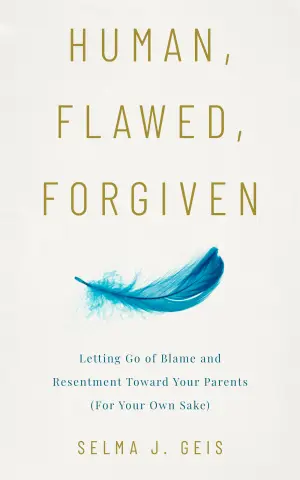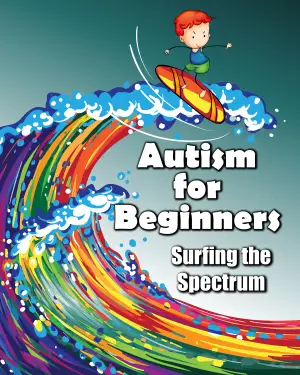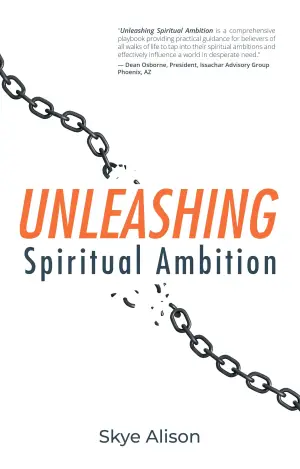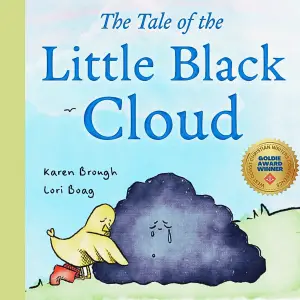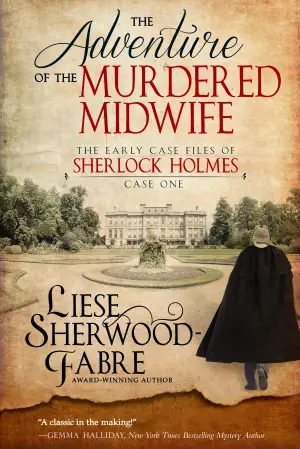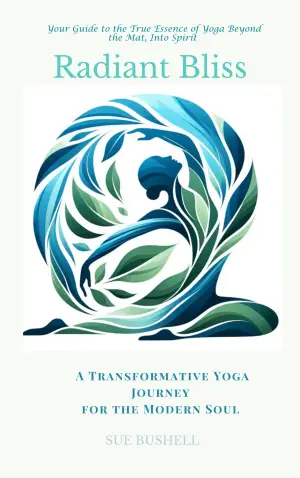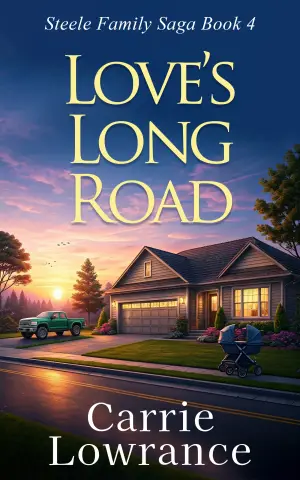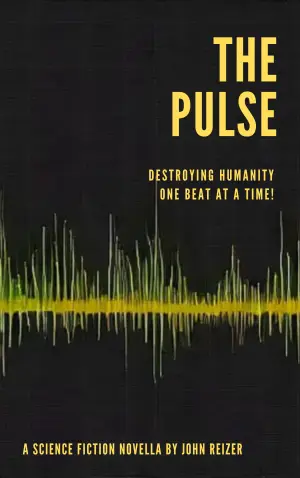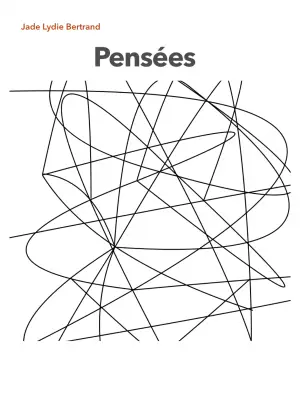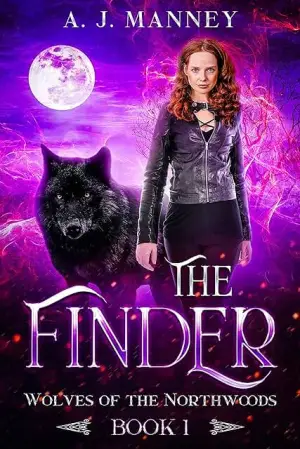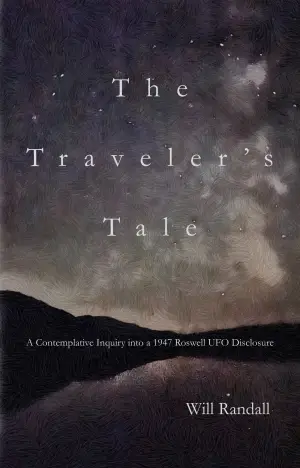Unpacking the Depths of Rose of Jericho by A.J. Grecian
From the moment I stumbled across A.J. Grecian’s Rose of Jericho, I knew it was going to challenge me in ways I hadn’t anticipated. The premise alone—death being killed—sparked a mix of intrigue and hesitation. What could that possibly mean in the grand tapestry of life, loss, and everything in between? As soon as I began reading, I found myself drawn deeper into a narrative that ultimately led to rich reflections on mortality and purpose.
At its core, Rose of Jericho is less a story about plot twists than it is an exploration of how we grapple with death. The protagonist, Moses, consumed by grief after losing his wife and child, takes an audacious step. In his desperate act to kill death itself, a cascade of events unfolds that forces characters—and readers—to reevaluate their relationships to loss. Grecian’s prose has a knack for weaving these existential questions into the fabric of the story. One quote that struck me profoundly was: “What does the promise of heaven mean to someone who would not see it? What did the threat of hellfire mean to someone who has no fear of death?” It encapsulates the book’s wrestling with purpose in the face of imminent mortality and the struggle for meaning in a world that often feels chaotic.
The characters in this narrative are vividly drawn and evoke a strong sense of empathy. Moses, with his unwavering resolve, felt deeply human and relatable despite his supernatural plight. Contrasting him is Frank—a character who embodies that frustrating yet comical “used car salesman” energy. His actions serve as both a source of annoyance and an insightful commentary on humanity’s relentless clinging to life, even in its most absurd forms. Then there’s Lucy, who embodies a desperate pursuit for control, reminding us of how love and despair can drive one to unpredictable extremes.
Grecian’s writing style is both atmospheric and layered, although I found the pacing uneven at times. There were a few moments where the narrative dragged, and my interest dwindled. Yet, I realized that these lulls served a purpose—creating spaces for contemplation that ultimately enriched my understanding of the characters and their journeys. The audiobook narration, while serviceable, lacked the riveting energy I had hoped for, especially given the multitude of voices and perspectives. I would recommend pairing it with the physical copy to fully appreciate the story’s depth.
As someone who enjoys a touch of philosophical horror, I appreciated the way this novel navigated disturbing themes without losing its poetic undertone. The haunting images of witch trials and fractured identities lingered long after I turned the last page. The story resonates with anyone who has wrestled with the complexities of existence—making it a compelling choice for those who enjoy western gothic narratives laced with existential questioning.
In closing, Rose of Jericho is a unique read for those willing to explore the intricate dance between life and death, purpose and chaos. It invites readers to reflect on their own lives, while Gerician’s deft storytelling ensures that the experience is not only thought-provoking but also profoundly engaging. If you’re ready to dive deep into a world where grief meets gothic horror, this book might be just what you need. Don’t shy away from the unsettling—embrace it, and perhaps, like me, you’ll walk away with more than just a story, but a chance to reflect on your own journey through life’s inevitable truths.


